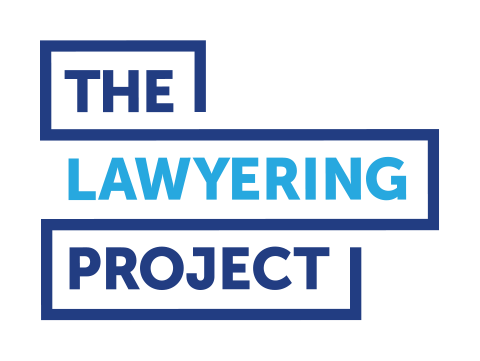Religious Congregation Decides to Leave Abortion Rights Lawsuit After Appellate Court Delays Case
Dismissal of congregations’ claims will allow the case to resume; congregation prioritized expediency in light of national abortion access crisis
05.24.2022 (PRESS RELEASE) Last week, the First Unitarian Society of Minneapolis (FUS) asked the Minnesota Court of Appeals to resume proceedings and allow the congregation to withdraw from Doe v Minnesota, the ongoing legal challenge to laws restricting access to abortion and other sexual and reproductive healthcare in Minnesota. FUS had been a plaintiff in the legal challenge since it was filed in 2019. Its decision to withdraw came after the Court of Appeals halted the case while considering the congregation’s standing to participate in the suit. Any further delay is unacceptable to FUS, whose priority is ensuring access to abortion care for its congregants and all Minnesotans, especially in light of the current and looming national abortion rights crisis. In addition, the remaining plaintiffs agreed to dismiss their challenge to an antiquated law prohibiting the advertisement of treatments for sexually transmitted infections, which was also before the Court of Appeals on the question of standing.
“Our commitment to reproductive freedom is as strong as ever,” said Rev. Kelli Clement, Social Justice Minister at FUS. “Each Minnesotan, and each person who seeks reproductive healthcare in our state, must have access without unnecessary and unconstitutional restrictions.”
People of all faiths and religious affiliations need access to comprehensive reproductive health care, including abortion. In fact, the majority of people seeking abortion services have a religious identification.
Doe v Minnesota was filed in May 2019 in the Second Judicial District. Plaintiffs Our Justice and two health care providers argue Minnesota abortion restrictions—including a ban on qualified advanced-practice clinicians providing abortion care, a 24-hour mandatory delay and a requirement that young people notify both parents before they can receive abortion care, even if they are estranged— harm their patients and clients. They are represented by the Lawyering Project and Gender Justice.
###

